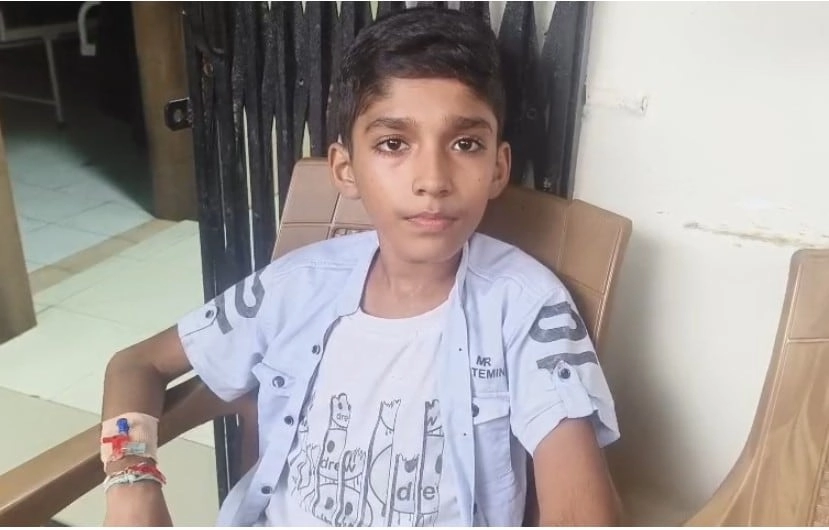In a concerning incident that has raised alarms in Maharashtra, a young boy diagnosed with typhoid was inadvertently prescribed medications intended for diabetes and heart issues. This situation highlights the critical importance of accurate diagnosis and the need for meticulous attention to prescription practices in the healthcare system. The boy’s case serves as a reminder of the potential consequences of miscommunication and oversight in medical care, which can lead to severe complications and adverse health outcomes.
Typhoid fever, caused by the bacterium Salmonella typhi, is a serious infectious disease that can lead to severe complications if not treated promptly and effectively. In this instance, the boy was initially diagnosed with this illness, which typically requires a specific course of antibiotics to combat the infection. However, the prescription of medications intended for chronic conditions such as diabetes and heart disease instead underscores a worrying lapse in the healthcare delivery process. Such errors can occur due to a variety of factors, including misinterpretation of symptoms, lack of comprehensive patient history, or even clerical mistakes during the prescribing process.
The implications of receiving inappropriate medication can be particularly dire for a young patient. Medications that are not aligned with the boy’s actual health needs could lead to unwanted side effects, potentially exacerbating his condition rather than providing the necessary relief. This incident not only puts the child’s health at risk but also raises questions about the broader healthcare practices in the region. It underscores the necessity for healthcare providers to adhere to stringent protocols when diagnosing and prescribing treatments to ensure patient safety and well-being.
In response to this alarming situation, there may be calls for greater oversight of prescription practices and enhanced training for medical personnel in Maharashtra. Ensuring that healthcare professionals have access to up-to-date medical information and a comprehensive understanding of various illnesses will be pivotal in preventing such errors in the future. Furthermore, this case could prompt discussions about the implementation of better systems for tracking patient diagnoses and treatments, which can help mitigate the risks associated with misprescribing.
As the community grapples with the ramifications of this incident, it serves as a crucial reminder of the need for vigilance in healthcare settings. Parents and guardians must remain proactive in seeking clarity from healthcare providers regarding their children’s diagnoses and treatment plans. Additionally, healthcare institutions should prioritize patient safety by fostering an environment where thorough checks and balances are in place, ensuring that every patient receives the correct diagnosis and appropriate medications tailored to their specific health needs.




